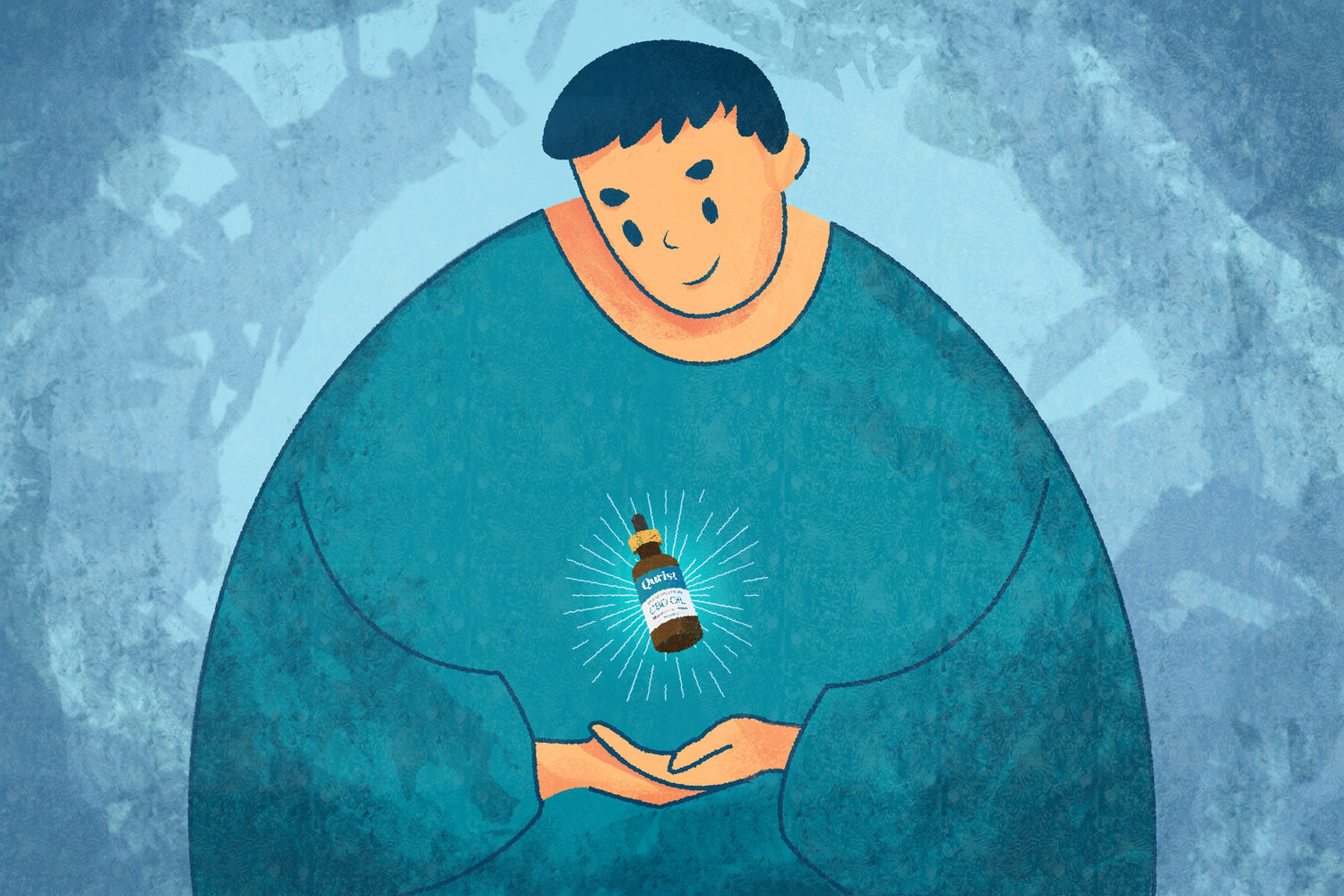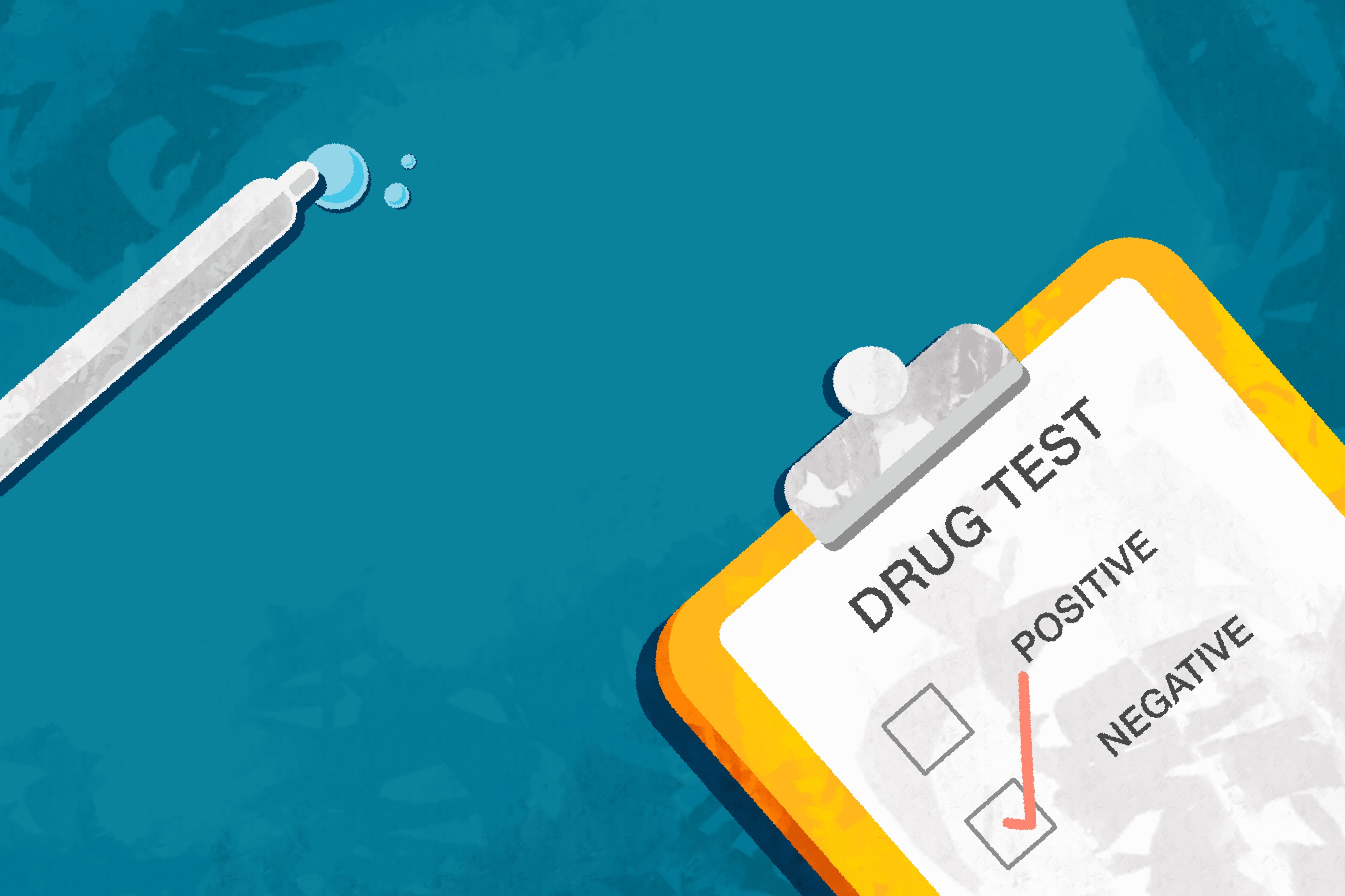Read on to find out how the top research bodies in the world have published scientific papers about its benefits.
How CBD Oil Works?
All cannabinoids produce effects in the body by interacting with cannabinoid receptors, which form part of the endocannabinoid system.
The body produces two receptors:
- CB1 receptors are present throughout the body, particularly in the brain. They co-ordinate movement, pain, emotion, mood, thinking, appetite, memories, and other functions.
- CB2 receptors are more common in the immune system. They affect inflammation and pain.
The Benefits of CBD Oil
CBD oil may benefit a person’s health in various ways.
According to a 2018 study reasons for taking CBD oil include:
- Chronic pain
- Arthritis or joint pain
- Anxiety and depression
- Sleep disorder
- Migraine
- Cluster and other headaches
- Post-traumatic stress disorder (PTSD)
- Nausea
- Cancer
- Allergies or asthma
- Epilepsy and other seizure disorders
- Multiple Sclerosis (MS)
- Lung Conditions
- Parkinson’s Disease
- Alzheimer’s Disease
Natural Pain Relief and Anti-Inflammatory Properties
- Conventional drugs can help relieve stiffness and pain, but some people see CBD oil as a more natural alternative.
- There is growing evidence that the non-psychoactive compounds in marijuana, such as CBD oil, could provide a new treatment for chronic pain.
- In 2018, studies showed that CBD oil reduces inflammation by preventing the release of compounds that trigger inflammation in the body.
- A 2019 study showed that CBD oil applied to the skin as an ointment significantly reduced inflammatory skin disease and scarring.
Quitting Smoking and Drug Withdrawal
A 2013 pilot study found that smokers who used inhalers containing CBD oil smoked fewer cigarettes than usual and stopped craving nicotine. This suggests that CBD oil may help people quit smoking.

- A 2018 study found that CBD oil helped reduce cravings during withdrawal from tobacco because of its relaxing effect.
- Authors of a 2015 review found evidence that specific cannabinoids, such as CBD oil, may help people with opioid addiction disorders.
- The researchers noted that CBD oil reduced some symptoms associated with substance use disorders. These included anxiety, mood-related symptoms, pain, and insomnia.
- Research continues to support CBD oil’s use in managing withdrawal symptoms.
Epilepsy
After years of research into the safety and effectiveness of CBD oil for treating epilepsy, the FDA approved the use of Epidiolex, a purified form of CBD oil, in 2018.

They approved it for treating the following in people aged 3 years and over:
- Lennox-Gastaut syndrome
- Dravet syndrome
These rare forms of epilepsy involve seizures that are difficult to control with other types of medication.
Scientists are beginning to understand how CBD oil prevents seizures without the sedating side effects of medications used previously. Synthetic drugs are not yet available that target the endocannnabinoid system as CBD oil does.
Alzheimer’s Disease
- Numerous studies have looked at the effect of CBD oil on Alzheimer’s disease.
- In 2014, a study showed that CBD oil might help people retain the ability to recognize familiar faces. People with Alzheimer’s can lose this ability.
- One 2019 review found that CBD oil might help slow the onset and progress of Alzheimer’s disease. More research is underway to understand the dosage better. Some scientists believe a treatment involving both THC and CBD oil may be more effective.
Other Neurological Symptoms and Disorders
Research suggests that CBD oil may also help treat complications linked to epilepsy, such as neurodegeneration, neuronal injury, and psychiatric diseases.
A 2012 study found that CBD oil may produce effects similar to those of certain antipsychotic drugs and that the compound may provide a safe and effective treatment for people with schizophrenia. However, further research is necessary.
Fighting Cancer
Authors of a 2012 review found evidence that CBD oil may help prevent the spread of some types of cancer. The compound appears to suppress the growth of cancer cells and promote their destruction.
The researchers pointed out that CBD oil has low levels of toxicity. They called for more research into how CBD oil could support standard cancer treatments.
2020 review article discusses adding CBD oil to chemotherapy drugs to improve the immune system’s response to cancer treatment.
Other research has been looking at how CBD oil might help:
- Prevent the growth of cancer cells
- Reduce anxiety
- Improve the action of chemotherapy
- Lessen the side effects of conventional chemotherapy
Learn more here about CBD oil and cancer.
Anxiety Disorders
Doctors have often advised people with chronic anxiety to avoid cannabis, as THC can trigger or amplify feelings of anxiousness and paranoia. CBD oil, on the other hand, may help reduce anxiety.
A 2019 study showed that CBD oil significantly reduced symptoms in mice with anxiety.
Authors of a 2015 review had previously suggested that CBD oil might help reduce anxiety-related behaviors in people with the following conditions:
- PTSD
- General anxiety disorder (GAD)
- Panic disorder
- Social anxiety disorder
- Obsessive-compulsive disorder
The authors noted that current treatments could have adverse effects, and some people stop using them for this reason. However, there is no evidence to confirm that CBD oil has significant adverse effects.
Type 1 Diabetes
Type 1 diabetes occurs when the immune system attacks cells in the pancreas, leading to inflammation.
In 2016, researchers found evidence that CBD oil may ease this inflammation and protect against or delay the onset of type 1 diabetes.
In a 2018 study, CBD oil appeared to have neuroprotective effects on rats with diabetes, including helping preserve their memory and reducing nerve inflammation.
Acne
Acne treatment is another promising use for CBD oil. The condition is caused, in part, by inflammation and overworked sebaceous glands in the body.

A 2014 study found that CBD oil helps to lower the production of sebum that leads to acne, partly because of its anti-inflammatory effect.
Applying CBD oil topically may reduce inflammation in psoriasis and other inflammatory skin diseases, according to research.
This Article is Medically Reviewed by Dr. Parul (BAMS)
About Dr. Parul
She has knowledge of Ayurveda and 15 years of experience practicing as a general physician, She love to interact with patients, treating their various health issues, counseling them, and advising them to the best of her ability.
She has a special interest in treating pain-related issues, diabetics, and mental health-related disorders.
She is currently working with Qurist a trusted medical cannabis company.





Leave a comment
This site is protected by hCaptcha and the hCaptcha Privacy Policy and Terms of Service apply.